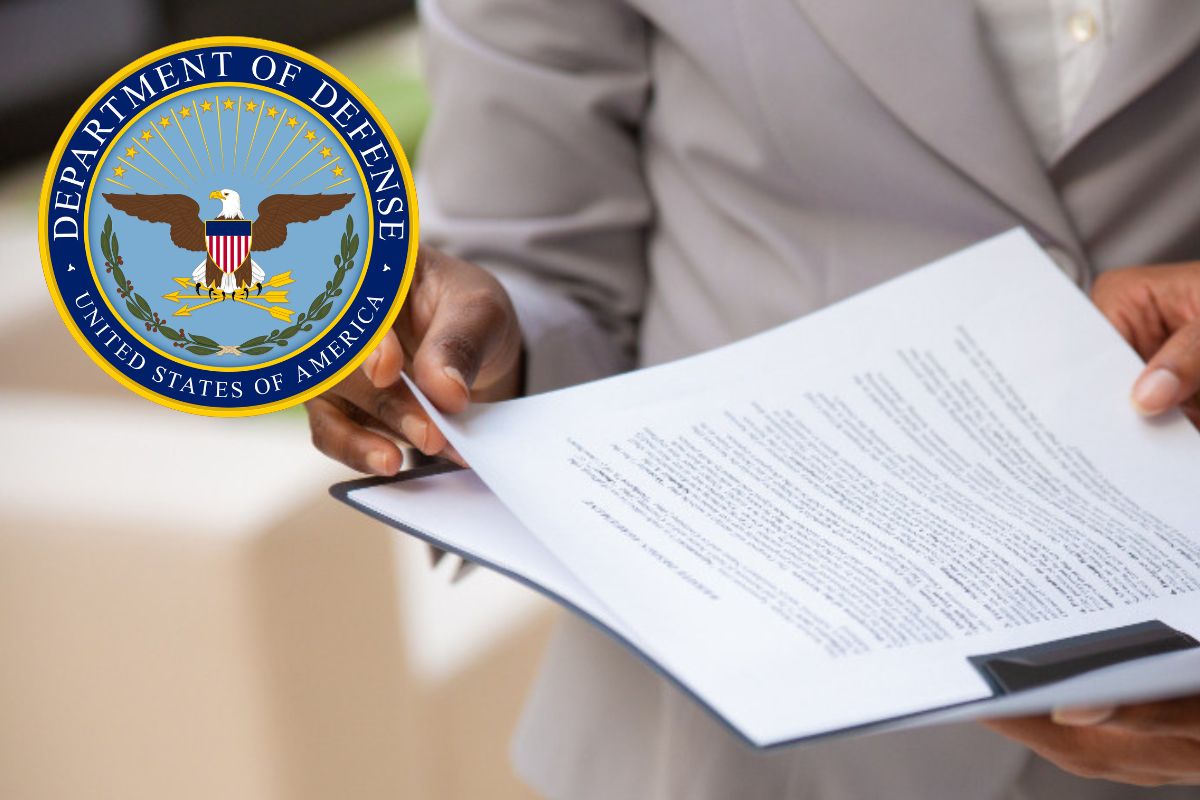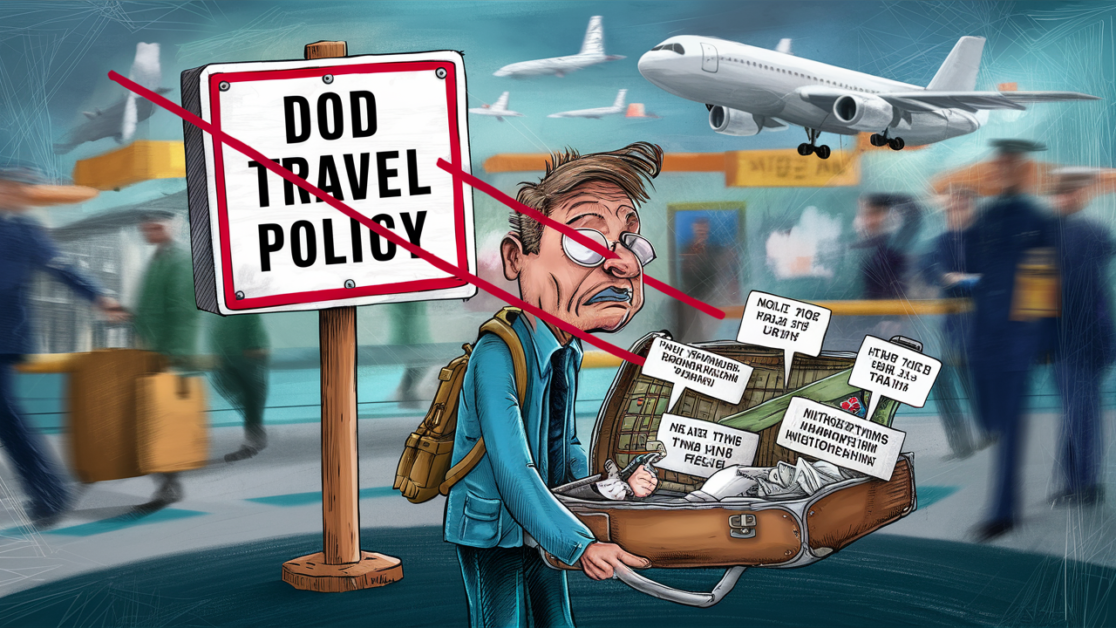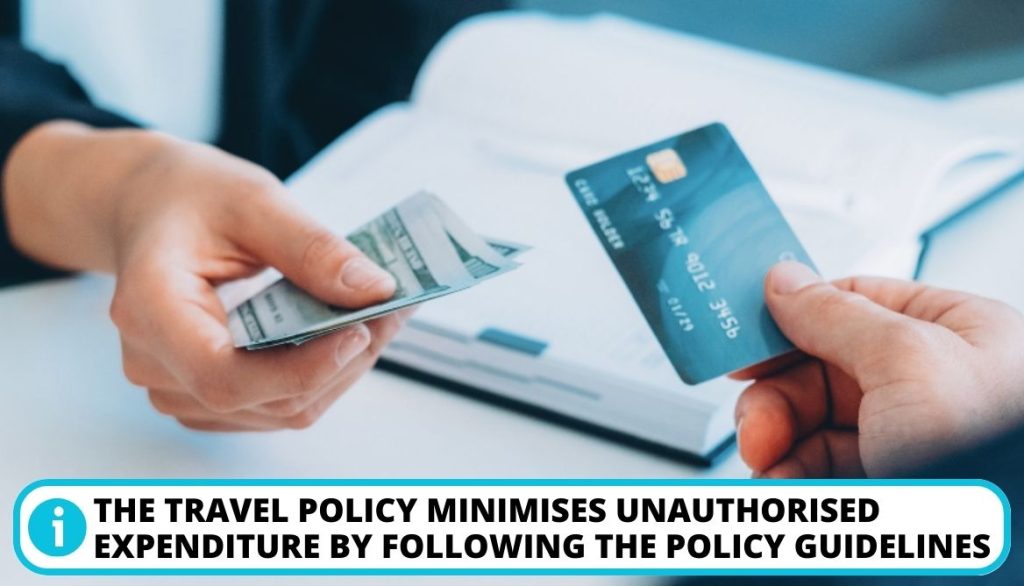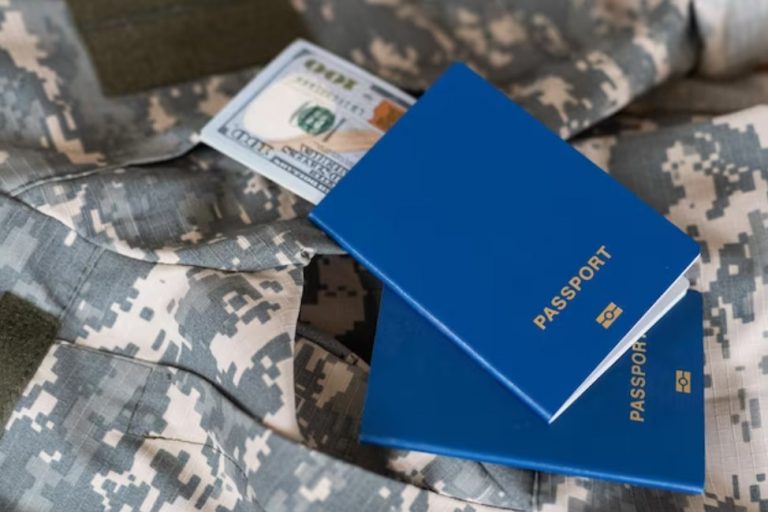What Is Not True About Dod Travel Policy? Debunking The Myths

For years, myths and misconceptions surrounding the Department of Defense (DoD) travel policy have circulated, often leading to confusion and frustration among service members, civilian employees, and their families. These inaccurate beliefs can affect travel planning, reimbursement claims, and overall understanding of travel entitlements.
This article aims to debunk these common myths, providing clarity based on official DoD sources and aiming to offer accurate information about the actual regulations and practices. Understanding the truth about DoD travel policies is crucial for ensuring proper compliance and maximizing benefits.
Common Misconceptions Debunked
Myth 1: All Travel Expenses Are Automatically Reimbursed
One of the most pervasive myths is that the DoD automatically reimburses all travel expenses. In reality, reimbursement is subject to strict guidelines and regulations outlined in the Joint Travel Regulations (JTR). Travelers must adhere to per diem rates, authorized modes of transportation, and proper documentation procedures to be eligible for reimbursement.
Failure to comply with these rules can result in denied claims or reduced payments. It's crucial to understand that only authorized and reasonable expenses are reimbursable.
Myth 2: Booking Through Unofficial Channels Saves Money and Is Acceptable
Many believe that booking travel through unofficial websites or agencies saves money and is acceptable under DoD policy. However, the DoD strongly encourages and sometimes mandates booking through the Defense Travel System (DTS) or a designated Travel Management Company (TMC).
This ensures compliance with federal regulations, access to negotiated government rates, and tracking for accountability. Booking outside these channels might lead to non-reimbursable expenses and potential security risks.
Myth 3: Per Diem Covers All Meals, Regardless of Cost
Another frequent misconception is that the per diem rate covers all meal expenses, no matter the cost. Per diem is designed to cover the average cost of meals in a given location, but travelers are expected to manage their expenses responsibly within that allowance.
Extravagant meals exceeding the per diem rate are not reimbursable, and travelers are responsible for covering the difference. It's important to budget and track meal expenses to stay within the allocated per diem.
Myth 4: Dependents' Travel Is Always Fully Covered
It's a common belief that dependents' travel expenses are always fully covered by the DoD. While the DoD provides support for dependent travel in certain circumstances, such as Permanent Change of Station (PCS) moves, coverage is subject to specific eligibility requirements and limitations.
Factors like dependent age, educational status, and authorized travel routes can influence reimbursement. It's essential to verify dependent travel entitlements before making arrangements.
Myth 5: Receipts Are Never Required for Reimbursement
Some believe that receipts are never required for reimbursement of travel expenses. This is incorrect; while some expenses under a certain threshold might not require receipts, most travel expenses, particularly lodging and transportation, necessitate proper documentation.
Submitting accurate and complete receipts is crucial for a successful reimbursement claim. Digital copies are usually acceptable, but original receipts might be required in certain cases.
Impact of Misinformation
The prevalence of these myths can lead to financial losses for travelers and increased administrative burden for the DoD. Misunderstanding policies can result in denied claims, delayed reimbursements, and frustration among service members and civilian employees.
Accurate information and proper training are essential for ensuring compliance and maximizing travel benefits.
Seeking Clarification
To avoid falling victim to these common misconceptions, travelers should consult the Joint Travel Regulations (JTR), seek guidance from their travel offices, and utilize resources available through the Defense Travel Management Office (DTMO). Staying informed about current policies and procedures is paramount for a smooth and compliant travel experience.
Regularly checking for updates and clarifications on the DTMO website is also advisable.


















